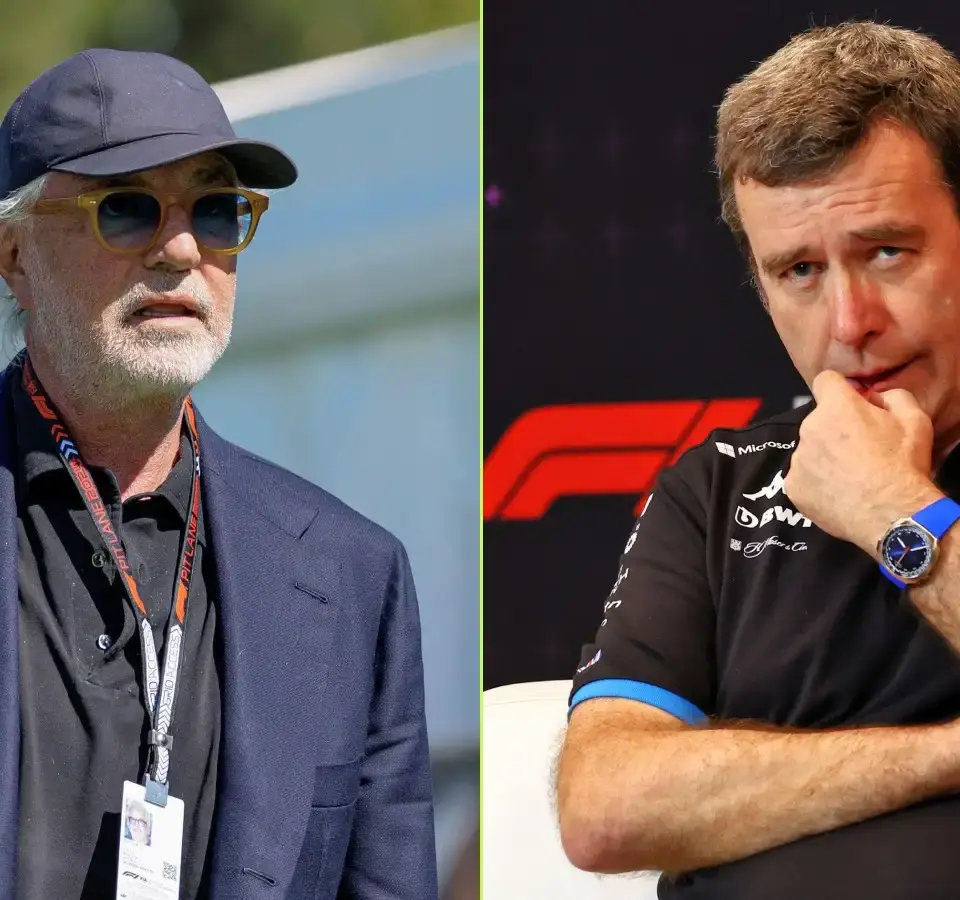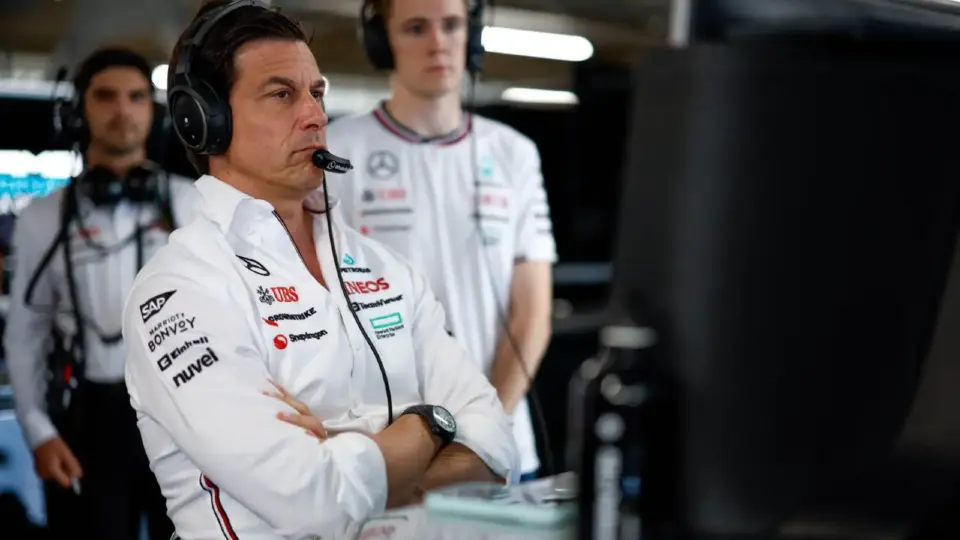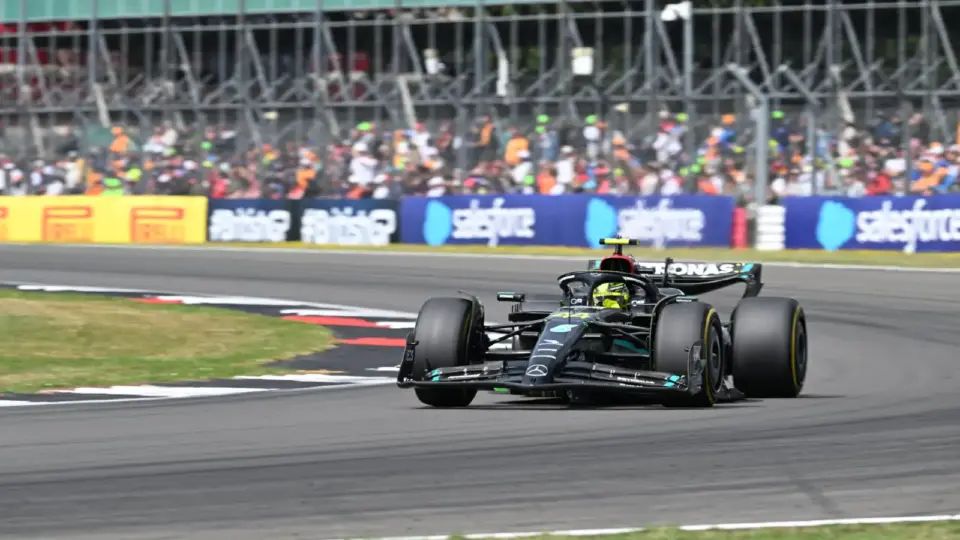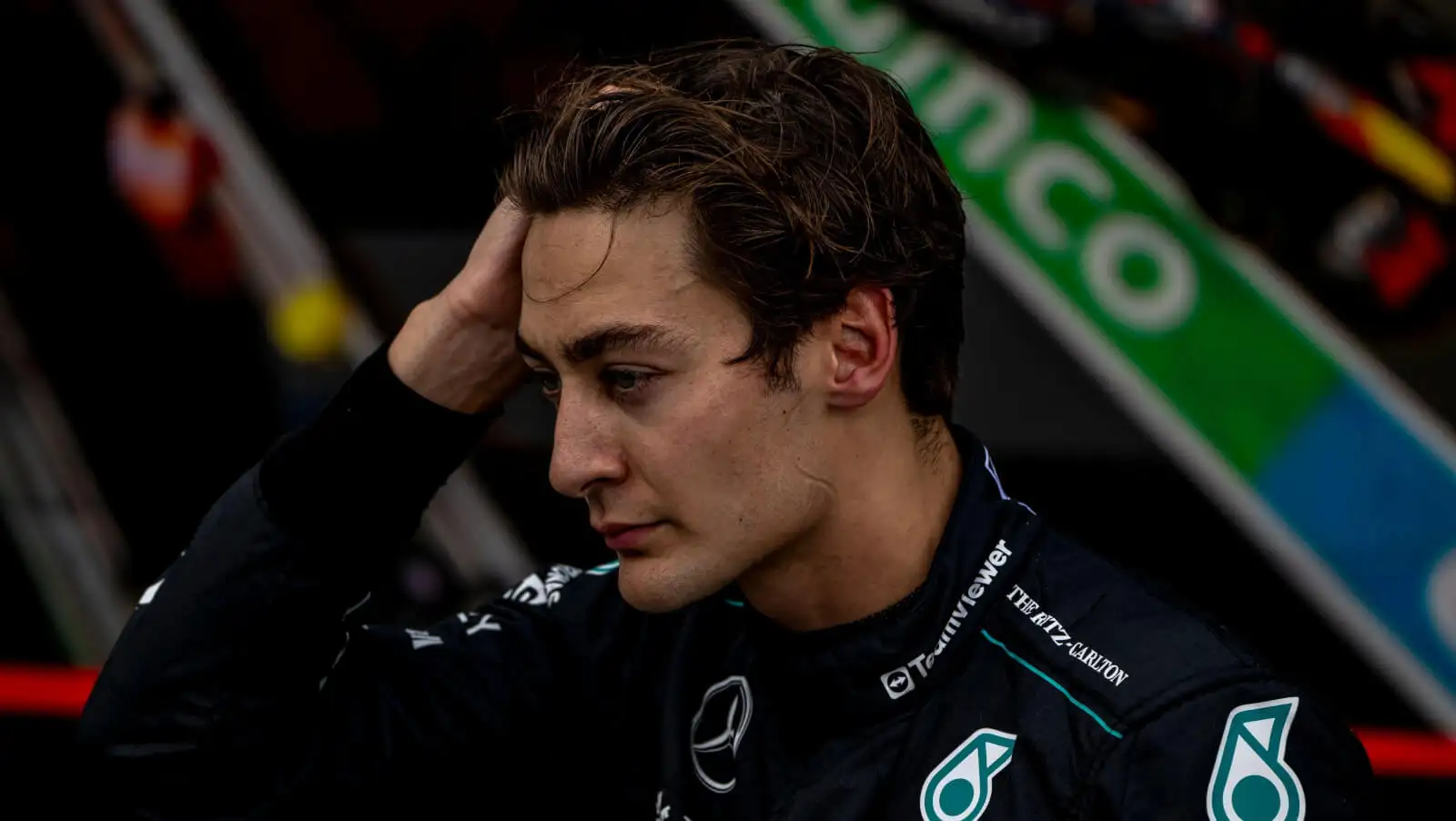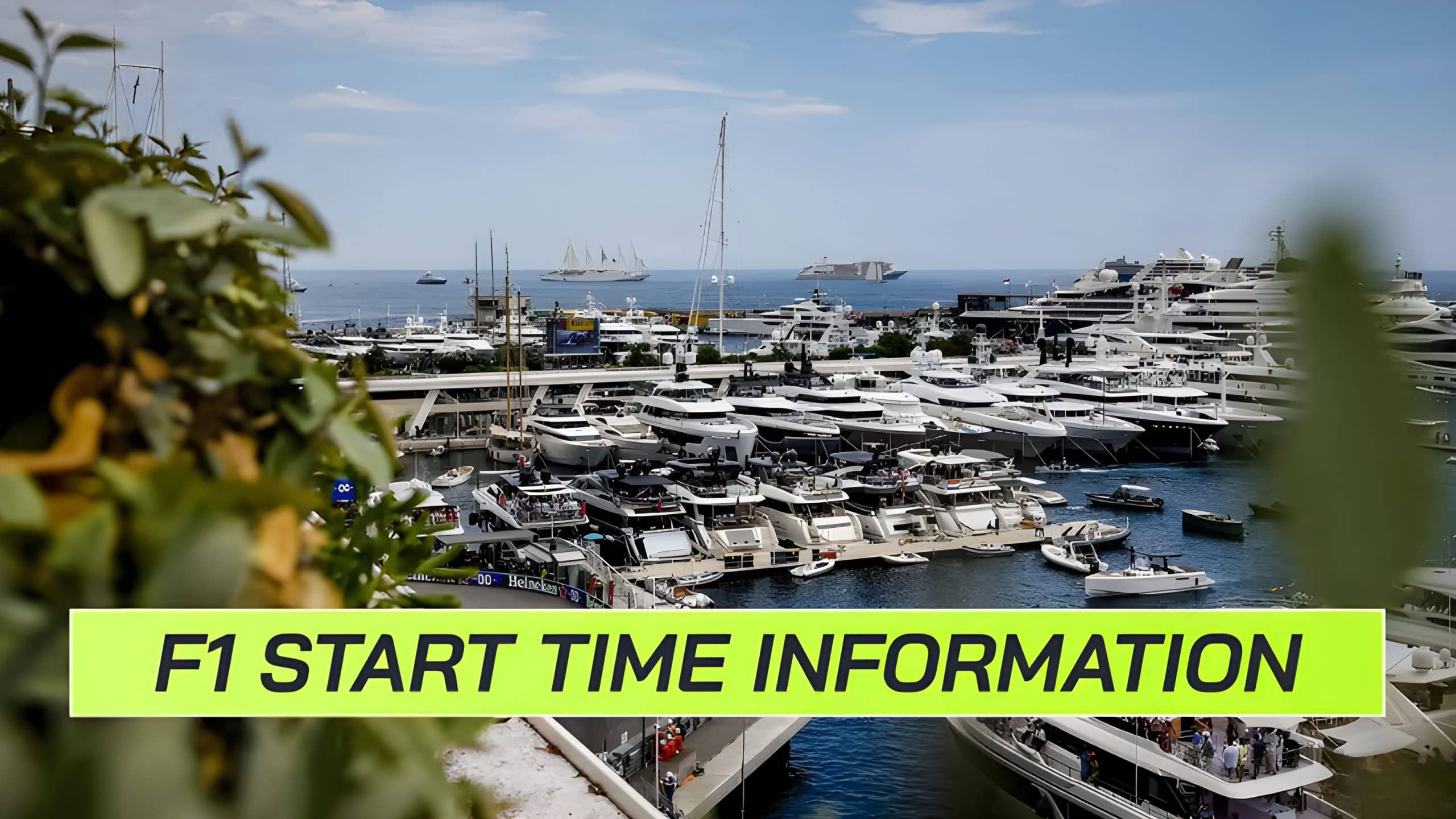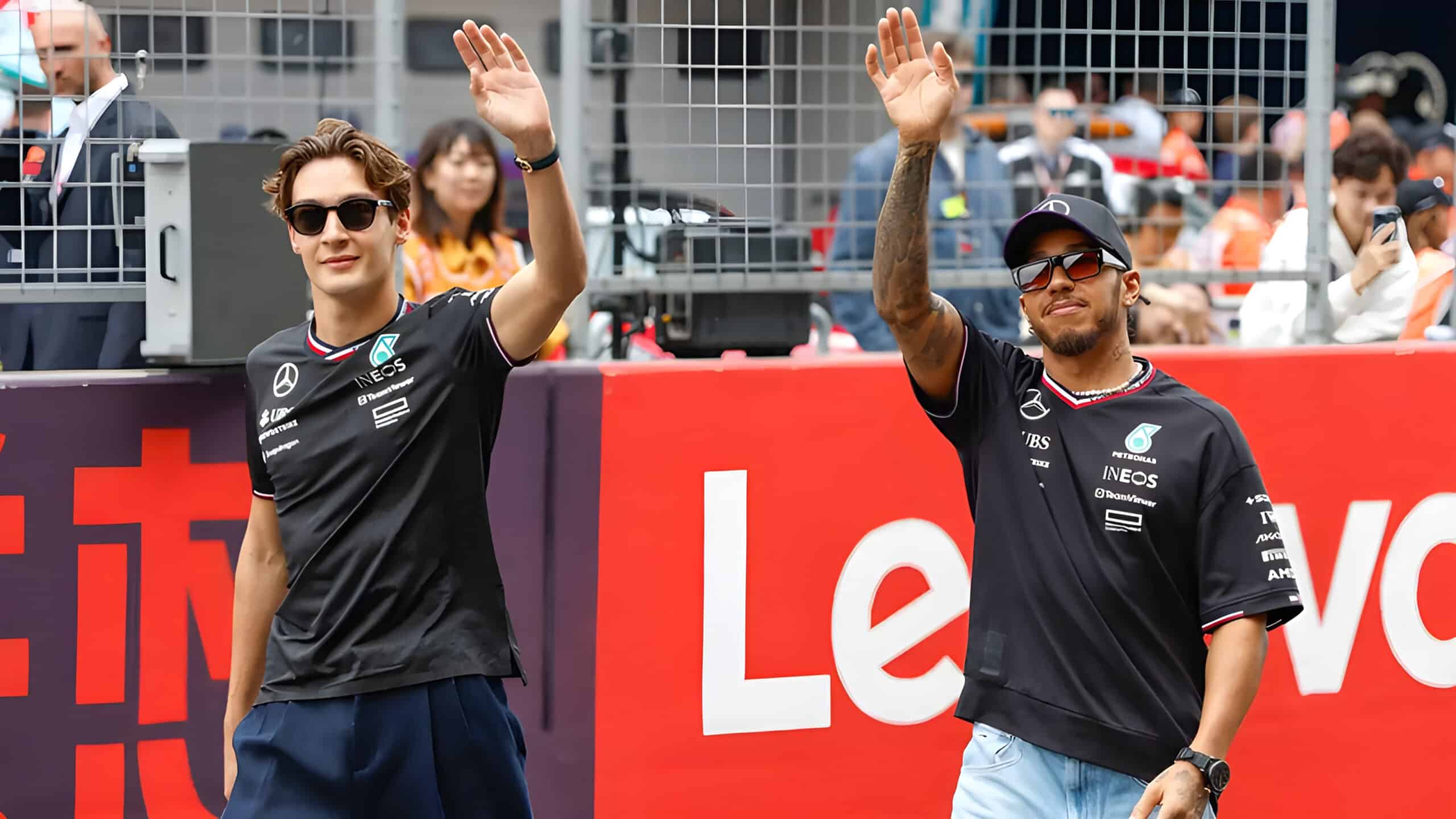The Alpine Formula 1 team recently made headlines with the return of Flavio Briatore, a figure whose past in the sport is as controversial as it is influential. Despite the shadows of the 2008 Crashgate scandal, which initially saw Briatore banned for life, Alpine looks to tap into his vast experience to steer the team towards a brighter future.
Renault CEO Luca de Meo’s decision to appoint Briatore as an executive advisor has sparked curiosity and skepticism among F1 enthusiasts. Known for his extensive knowledge and numerous world titles, Briatore’s reputation was tarnished after the Crashgate incident, only for his ban to be overturned by a court later. However, Alpine’s chief, Bruno Famin, appears unfazed by the history attached to Briatore, emphasizing the team’s focus on future gains over past controversies.
In a statement to the media, Famin clarified his stance, saying, ‘I don’t really mind about the past, I’m always looking about the future, in trying what we can to get our team better.’ This statement underscores his belief that Briatore’s strategic insights could be a vital asset in Alpine’s quest for competitiveness. Famin further accentuated Briatore’s role, noting his extensive network and strategic prowess that could invigorate the team.
Throughout the press conference, Famin reiterated his ambitions to leverage Briatore’s 40 years of Formula 1 know-how. He mentioned, ‘He knows how to operate a winning team. He has a very good record, quite a number of world titles, and he would bring this experience, this fighting spirit to the team.’ This collaboration is expected to extend beyond mere advisory, with Briatore working closely with the group CEO, Luca de Meo, to align Alpine’s strategic objectives.
Despite the lingering questions regarding the ethical implications of Briatore’s involvement post-Crashgate, Famin remained focused on the primary objective — enhancing the team’s performance expeditiously. He expressed confidence in the capabilities of the current technical director, David Sanchez, emphasizing that the decision to bring Briatore on board was a strategic one, aimed at harnessing his influence and knowledge to bolster the team’s standing in Formula 1.
As Alpine moves forward with Briatore’s comeback, it reflects a calculated risk intended to reinvigorate their racing ambitions. The team’s leadership seems clear on their mission to utilize every available resource, including Briatore’s expertise, to reinforce their position in the fiercely competitive environment of Formula 1.
Alpine’s decision to welcome Flavio Briatore back into the fold, despite his controversial past, demonstrates a strategic focus on the future. By capitalizing on Briatore’s extensive experience and network, the team aims to expedite its path to success and increase its competitive edge in the world of Formula 1 racing.
